#stanisław lem
Quote
The only writers who have any peace are the ones who don't write. And there are some like that. They wallow in a sea of possibilities. To express a thought, you first have to limit it, and that means kill it. Every word I speak robs me of a thousand others, and every line I write means giving up another.
Stanisław Lem, Hospital of the Transfiguration
#writing#writers#art#artists#expression#creativity#quotes#Lem#Stanisław Lem#Hospital of the Transfiguration
517 notes
·
View notes
Text
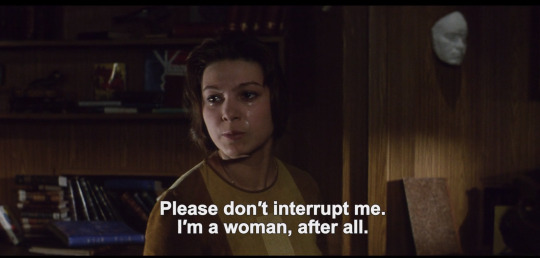
Andrei Tarkovsky, Solaris (Russian: Солярис, tr. Solyaris),1972
Based on Stanisław Lem’s novel of the same name published in 1961
174 notes
·
View notes
Text

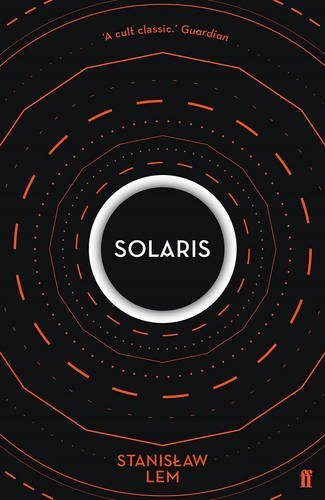
vote yes if you have finished the entire book.
vote no if you have not finished the entire book.
(faq · submit a book)
#scifi#books#Solaris#Stanisław Lem#poll#if you're interested to read this in English look for the ebook edition translated by Bill Johnston#it's unfortunately only available as an ebook because of rights reasons (thanks intellectual property law!)#but it's a) actually translated from the original Polish and b) apparently substantially better#than the Kilmartin/Cox translation which for some reason was done from a French edition and is. bad#(I read the Kilmartin/Cox. not good. just a bunch of really clunky obvious gallicisms and misunderstandings of French)#result: no#l: Polish
17 notes
·
View notes
Text
Look at my updated designs for Klapaucius and Trurl, boy
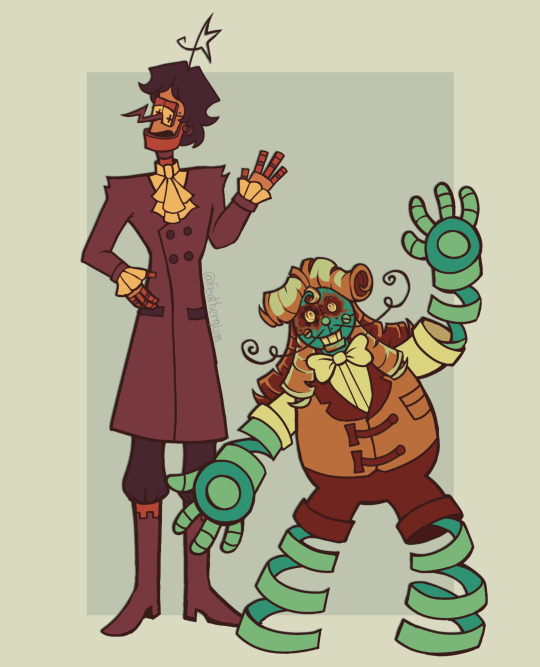
#featherglum art#the cyberiad#cyberiada#stanisław lem#stanislaw lem#trurl#klapaucius#book characters#character design
20 notes
·
View notes
Text
me when i put a brass robot, an iron robot and a robot with a really hot head on the icy planet far from the sun (what's the worst thing that could happen)
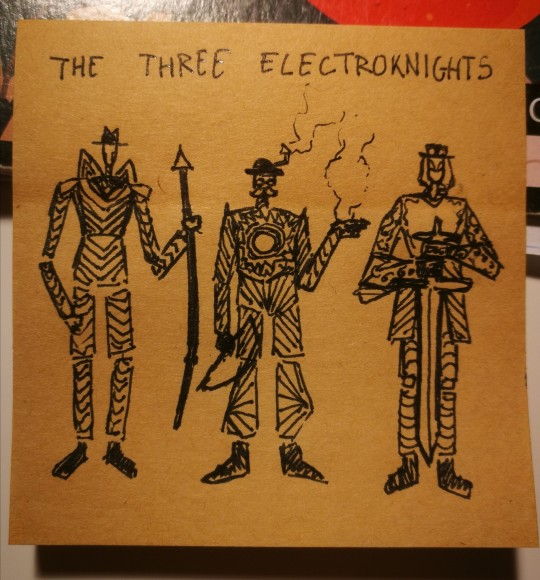
Be warned, the story does not end nicely for the electroknights and they're not really positive characters. i just got inspired by their descriptions and the concept and it's just kind of funny to put the bots there. also it's propaganda to get you to read mortal engines >:]
#99% of the time my procrastination kills me. 1% of the time it gives me a doodle like this#absolutely not worth it. but i least i get something i guess#the three electroknights#fables for robots#stanisław lem#spg#putting them robots in armor. also giving them some cool weapons (they didn't even mention anything like that in the story)
16 notes
·
View notes
Text
slight spoilers for solaris so don't read if you want to go into it completely blind, but this doubles as a recommendation if you don't care that much: what I most liked in that book was how the cosmic horror was executed. because all of the scary and psychologically taxing things that happened to the people in it weren't because of the alien creature's evil nature, it wasn't even because it was so big and uncaring that its grandness just eviscerated human minds or something; it was due to the alien creature not understanding what it's dealing with in exactly the same way that the humans did not understand the creature. despite the ocean being so utterly alien to us that it was quite literally outside of human comprehension for about a century, in the end it had the same good, curious intentions as us. it wanted to learn. it wanted to establish contact. and once it did, and was understood by the humans, they were able to reconciliate; they were able to make the contact peaceful after all. everyone in the story was good, even the cosmic horror.
9 notes
·
View notes
Text
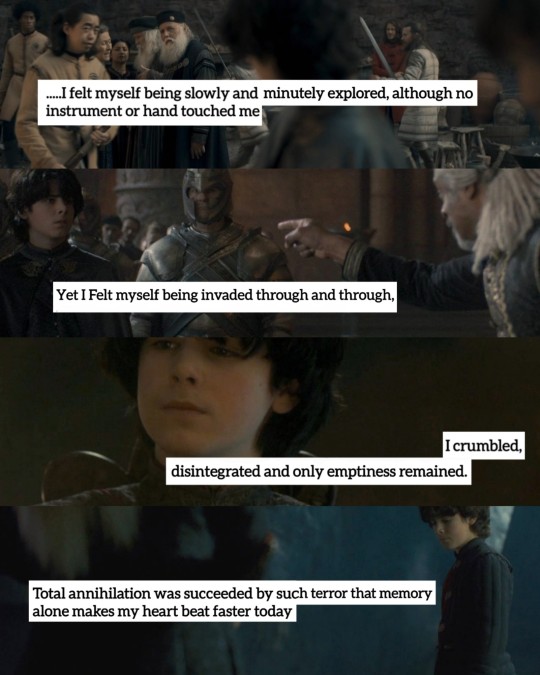
Quote from Solaris by Stanisław Lem // Lucerys Velaryon
#house of the dragon#lucerys velaryon#house velaryon#luke velaryon#hotd#house targaryen#the house of the dragon#lucerys targaryen#prince lucerys#lucerys targeryen#solaris#Stanisław Lem#web weaving
19 notes
·
View notes
Text

「インヴィンシブル」、読み終えた。
本当は読んですぐ書こうと思っていたけど、バタバタしていたので結構忘れてしまった…。
元々「砂漠の惑星」というタイトルで昔出ていた本の新訳版。タイトルは元々「Niezwyciężony(英語だとInvincible)」だったので「インヴィンシブル」に変えたらしい。最後まで読むと、この「無敵」が色んな意味があって面白い。砂漠の惑星、もいいなと思ったけどやはりこれはインヴィンシブルが合うと思った。
その旧訳の砂漠の惑星は以前読んでいたけど、さっぱり忘れていたので普通に面白かった。レムといえばやはりソラリスだけど、ソラリスとはまた違う面白さがあった。解説でも触れられていたけど、女性が出てこないというのは大きく違うところかな。
で、この沼野充義さんの解説がすごく良かった。上に挙げた男しか出てこない話や、アーサー・クラークとの比較、ソラリスとの比較、逆方向への進化、ホロコーストとの関連についてなどなど、本編に迫るくらい面白かった。というか、本編と併せて読むとすごく面白い(解説だから当たり前か)。
このインヴィンシブルとソラリス、エデンが、レムのファーストコンタクト3部作と言われているようだけど、エデンは読んでいないので読んでみたい。
最近ちらほら"Not for me"という言葉を見かけるけど、レムがインヴィンシブルでもソラリスでも泰平ヨンでも、大きなテーマにしていることは、「人間(地球人)には理解できないし干渉もできない or してはいけないことがある、それらはわれわれのためにあるのではない」ということかなと思うと、Not for me(us?)が近いのかなと思ったりもした。
レムはもっと他の本も読みたいなあ。
ロアンは立ち上がったが、足はまだ少々ぐらついていた。いそいそと死者から奪ってきたヴェイル銃を後生大事にかかえた自分が急に滑稽に思えた。そればかりか、命なき形態のみが勝利し、生き残ることのできる、そして命あるいかなる眼も見るはずのなかった神秘の活動を執行し続ける、この完全なる死の国に、自分は必要のない存在なのだと感じた。一瞬前起こったことに、恐怖ではなく、圧倒的な感嘆の気持ちとともに、彼は参加していた。自分のこの気持ちを共有する能力はどんな学者にもないとわかっていた。だが、彼は今、彼らのもとに帰りたかった。行方知れずの者たちの全滅を告げる使者としてではなく、この惑星をそっとしておくことを要求する人間として。すべてのものが、あらゆる場所が、われわれのためにあるのではない――斜面をゆっくり下りながら、彼は思った。
11 notes
·
View notes
Photo

Stanisław Lem, Summa Technologiae (1964) with an actualized cover illustration by Daniel Mróz from the edition of 1974 (https://summatechnologiae.e-flux.com/?seminar=mathematics)
#book cover#cover design#Summa Technologiae#Stanisław Lem#Daniel Mróz#Stanislaw Lem#Daniel Mroz#technology#scifi#science#futurism#art
87 notes
·
View notes
Text
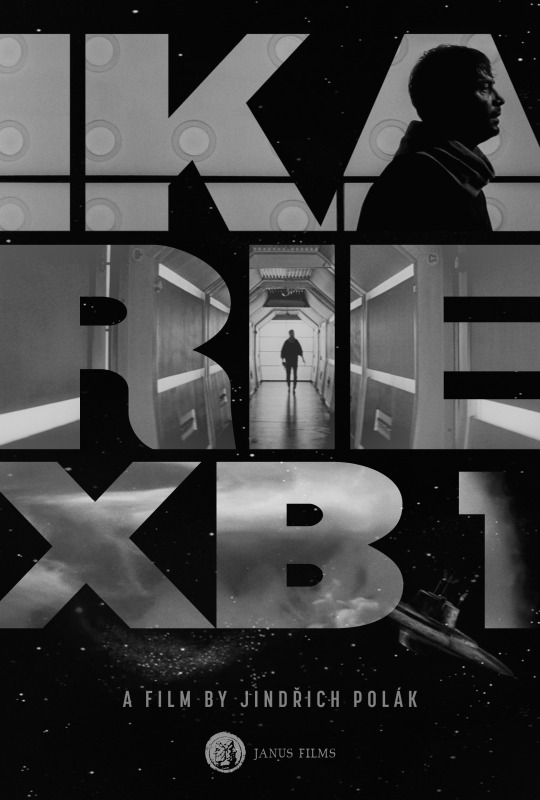
vimeo
#movie#film#cinema#czech cinema#Czech movie#Czech film#science fiction#Vimeo#Eastern Bloc science fiction#Eastern Bloc film#Jindřich Polák#film adaptations#Stanisław Lem#Janus Films#avant garde#utopian futurism#Ikarie XB 1#movie trailer#film trailer#movie poster#film poster
7 notes
·
View notes
Text
I'm starting Solaris and like, this is the real uncut classic sci fi, huh? 'Spend several of the first twenty pages on the invented historiography of attempts to study the big living(?) alien ocean the book is about' classic sci fi.
Bracing.
23 notes
·
View notes
Quote
Science does not concern itself with those properties of existence to which ridiculousness belongs. Science explains the world, but only Art can reconcile us to it. What do we really know about the origin of the Universe? A blank so wide can be filled with myths and legends.
Stanisław Lem, Mortal Engines
163 notes
·
View notes
Text
I think, I'm going to start posting about Ijon Tichy like he's a tumblr blorbo
#Ijon Tichy#he gets put in so many sytuations#he's soo goofy#and soo autistic coded#if you gus knew about him he would do numbers on this site#i just know it#stanisław lem#dzienniki gwiazdowe#The Star Diaries
5 notes
·
View notes
Text
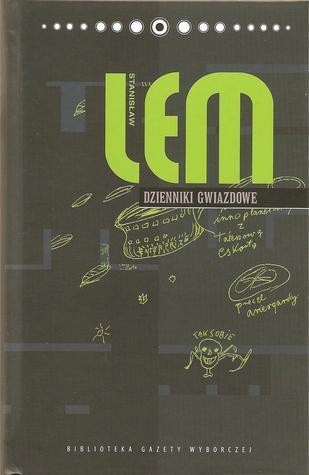
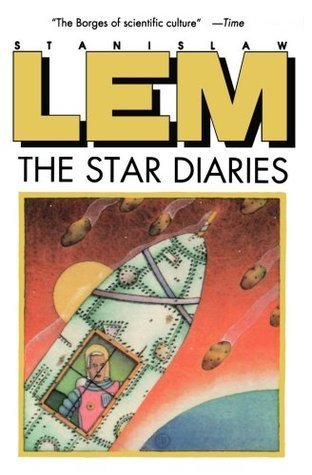
vote yes if you have finished the entire book.
vote no if you have not finished the entire book.
(faq · submit a book)
#scifi#Dzienniki gwiazdowe#The Star Diaries#Stanisław Lem#Ijon Tichy#books#poll#result: no#l: Polish
4 notes
·
View notes
Text
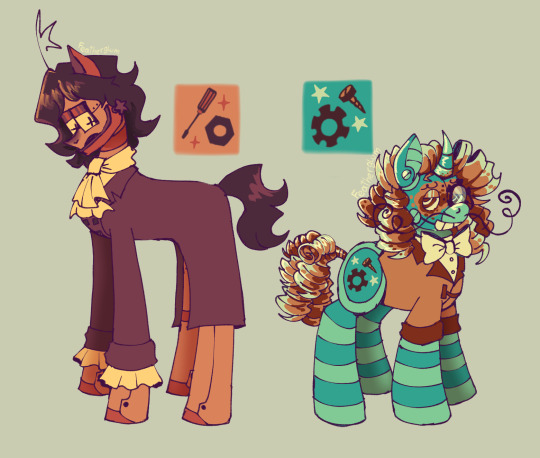
Klapaucius and Trurl ponysonas. If you even care.
#featherglum art#the cyberiad#blorbo from my books#cyberiada#robot character#stanisław lem#mlp au#ponyfication#ponified#i am cringe but i am free#i originally considered making them both alicorns#due to the big brain 4d chess moves they're always pulling#and their overall omnipotence#but I ultimately decided against it#because them being different types goes better with their different personalities#like Trurl being a unicorn means he can do things faster with magic#which fits with him being the more impulsive one#and Klapaucius as an earth pony has to#do everything by hoof and take his time#so it fits with him being calm and more patient#d.does that mean anything to anyone#and yes they have matching cutiemarks ^_^
40 notes
·
View notes
Text

The Most Dangerous Game (Richard Connell)
"Big-game hunter Sanger Rainsford and his friend Whitney are traveling by ship to the Amazon rainforest for a jaguar hunt. Rainsford falls overboard while investigating the sound of gunshots in the distance and swims to Ship-Trap Island, where he finds General Zaroff and his manservant Ivan. Zaroff, another big-game hunter, knows of Rainsford from his published account of hunting snow leopards in Tibet. Over dinner, he explains that although he has been hunting animals since he was a boy, he has decided that killing big game has become boring for him. After escaping the Russian Revolution, he purchased Ship-Trap and rigged the island with lights to lure passing ships into the jagged rocks that surround it. He takes the survivors captive and hunts them for sport, giving himself handicaps to increase the challenge. Any captives who can elude Zaroff, Ivan, and a pack of hunting dogs for three days are set free; to date, though, Zaroff has never lost a hunt. Rainsford denounces the hunt as barbarism, but Zaroff replies by claiming that ‘life is for the strong.’ Zaroff is enthused to have another world-class hunter as a companion and offers to take Rainsford along with him on his next hunt. When Rainsford staunchly refuses and demands to leave the island, Zaroff decides to hunt him instead. Rainsford uses traps and cleverness to outmaneuver Zaroff, killing Ivan and one of the dogs before jumping into the sea. Disappointed at Rainsford's apparent suicide, Zaroff returns home, but finds Rainsford waiting for him, having swum around the island to evade the dogs and sneak into the chateau. Zaroff offers congratulations for defeating him, but Rainsford prepares to fight him, saying that the hunt is not yet over. A delighted Zaroff responds that the loser will be fed to his dogs, while the winner will sleep in his bed. The story abruptly concludes later that night by stating that Rainsford enjoyed the comfort of the bed, implying that he killed Zaroff in the fight."
The Hunt (Stanisław Lem)
"A runaway is chased by humans with dogs. As the story evolves, it becomes clear that it is a robot, an intelligent machine, one of many created by humans to be hunted. For this reason it was endowed with wit and strength and an ability to be afraid, so that it would run away and make a hunt interesting: "… a tangled plot full of surprises, a forest strategy, a duel of cunning, of tactics, including laying double trails, dodging, looping the scent back on itself, crossing white-water streams and aerial bridges formed by fallen trees". A little girl helps him to hide, but eventually it turns out that her goal was to lay her hands on a gun and shoot the hunted robot herself. It is well known that Lem was ruthlessly burning his unpublished works, and the researchers were puzzled why Lem kept this one. Stanisław Bereś attempts to explain this as follows. Lem never wrote and seldom spoke about his life during World War II in Nazi-occupied Lwow. However one can decipher subtle hints about his experiences of that time in various Lem's works of fiction. Bereś points out an obvious parallel of the runaway's hopeless struggle for his life from The Hunt story, with the experience of the Jews during the Holocaust, including Lem's own. Therefore Bereś suggests that Lem felt overexposing himself in the story, therefore he set it aside and eventually wrote another, a more entertaining version and possibly forgot about the older manuscript."
#hunt poll#the hunt#poll#the magnus archives#leitner tournament#The Most Dangerous Game#Richard Connell#Stanisław Lem
5 notes
·
View notes